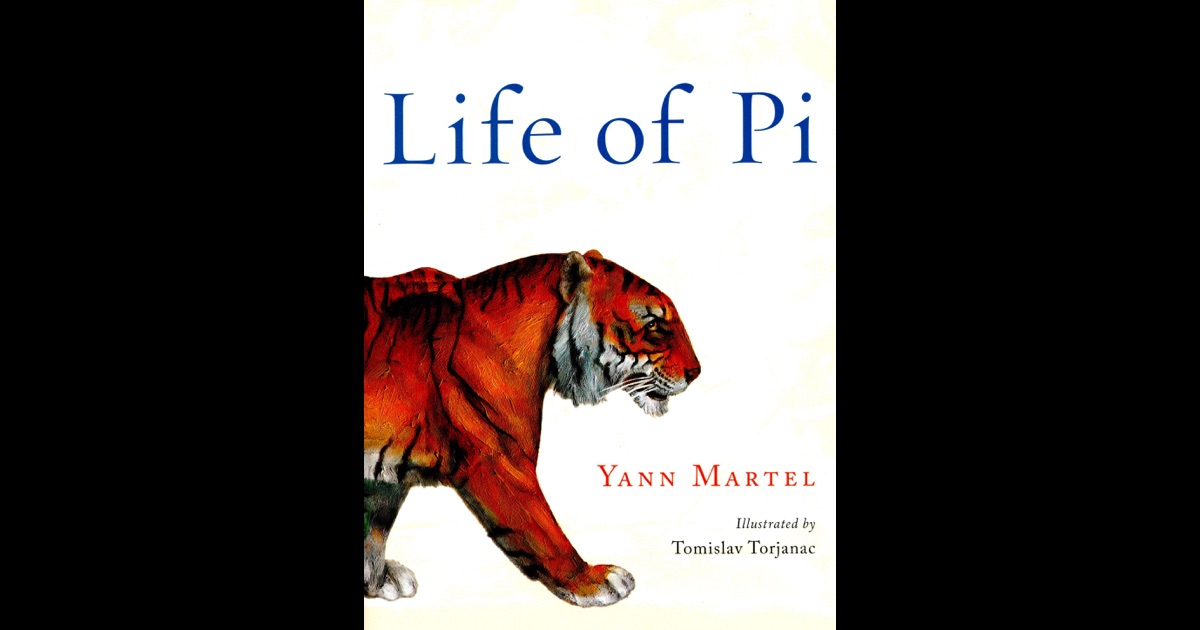


The great thinkers who contribute significantly to the development of human-animal relations are covered herein, leading up to and including Jacques Derrida.

This paper reviews the major philosophical tenets concerning the question of the animal. Part Two of the novel synthesizes contemporary philosophical thought to re-think–literally and figuratively–the species binary and challenges readers to accept a re-oriented view of themselves in relation to the others around them. Part One of the novel traces the history of the Western philosophical tradition concerning human-animal relations. Rather than attempting a “novel study” of Life of Pi to consider all of its many dimensions and possible critical readings, this thesis focuses on how the novel illustrates the question of the animal, a central inquiry in critical animal studies. Compared to the magnitude of its popularity, Life of Pi has merited little scholarly attention. However, the novel addresses many important questions raised by the field of critical animal studies. It's a story, as one character puts it, to make you believe in God.Yann Martel’s bestselling 2001 novel, Life of Pi, crosses many literary genres and resists easy classification. Life of Pi is at once a realistic, rousing adventure and a meta-tale of survival that explores the redemptive power of storytelling and the transformative nature of fiction. The Japanese authorities who interrogate Pi refuse to believe his story and press him to tell them "the truth." After hours of coercion, Pi tells a second story, a story much less fantastical, much more conventional-but is it more true? When they finally reach the coast of Mexico, Richard Parker flees to the jungle, never to be seen again. Soon the tiger has dispatched all but Pi, whose fear, knowledge, and cunning allow him to coexist with Richard Parker for 227 days lost at sea. Pi finds himself alone in a lifeboat, his only companions a hyena, an orangutan, a wounded zebra, and Richard Parker, a 450-pound Bengal tiger. When Pi is sixteen, his family emigrates from India to North America aboard a Japanese cargo ship, along with their zoo animals bound for new homes.

The son of a zookeeper, he has an encyclopedic knowledge of animal behavior, a fervent love of stories, and practices not only his native Hinduism, but also Christianity and Islam. Winner of the 2002 Man Booker Prize for Fiction.


 0 kommentar(er)
0 kommentar(er)
